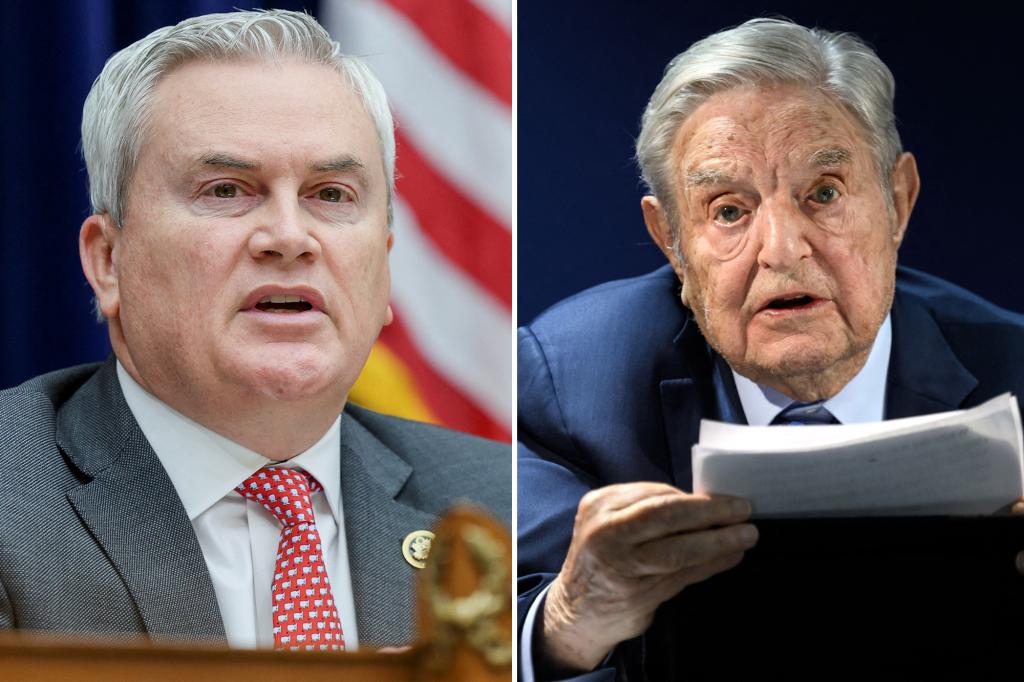The U.S. House Oversight Committee is investigating the Federal Communications Commission’s fast-tracking of a deal that allowed Democratic mega-donor George Soros to acquire a significant number of radio stations from Audacy Inc. just weeks before the presidential election. The deal was expedited by the FCC, raising concerns among lawmakers and FCC Commissioner Brendan Carr about the normal process not being followed for reviewing such transactions. House Oversight Chair Rep. James Comer and Rep. Nick Langworthy also raised concerns about the deal in a letter to FCC Chair Jessica Rosenworcel, questioning the accelerated approval of licenses for a company with which Soros has a major ownership stake.
Critics of the deal argue that it grants too much power to Soros, a heavily political and liberal billionaire, just before the election. They believe that Soros may be trying to manipulate public opinion by gaining control over radio stations that feature conservative talk radio personalities such as Mark Levin, Sean Hannity, Dana Loesch, and Glenn Beck. Additionally, there are concerns about Soros’ business partners in the deal having significant funding from overseas sources, which raises questions about whether the public interest will be served by the approval of such licenses.
The Audacy Inc. deal, which will result in Soros having partial control over the company, requires FCC approval due to the involvement of foreign individuals or entities holding more than one-fourth of the capital stock. The FCC has established processes and procedures for adjudicating broadcast licenses in such situations, but critics of the deal argue that these procedures were not followed in this case. The influence Soros may have over so many radio stations is seen as potentially having more impact on the country than a major newspaper, given the reach and influence that radio has on American listeners.
Soros is known for being a strategic and prolific funder of liberal organizations in the U.S., leading some to believe that his acquisition of radio stations is an attempt to have influence over the thinking of Americans. Critics argue that this move by Soros is particularly concerning given the timing just before a presidential election, where media influence can play a significant role in shaping public opinion. While other wealthy media owners like Jeff Bezos have faced scrutiny for their ownership power, the scale of Soros’ influence over radio stations is seen as potentially having a larger impact on the country due to the reach of radio programming and the conservative voices it features.
The investigative focus on the FCC’s fast-tracking of the deal and concerns about potential political influence by Soros highlight the ongoing debate over the role of media ownership in shaping public opinion. The implications of Soros’ acquisition of radio stations for the political landscape and media environment in the U.S. are being closely monitored by lawmakers and critics, who believe that transparency and adherence to established processes are essential in ensuring that the public interest is served in such transactions. Whether the FCC will address these concerns and the extent of Soros’ influence on American radio stations remains to be seen as the investigation by the U.S. House Oversight Committee continues.


